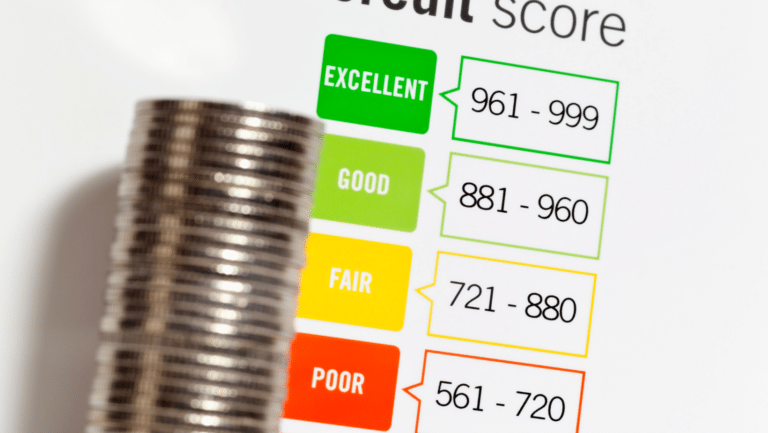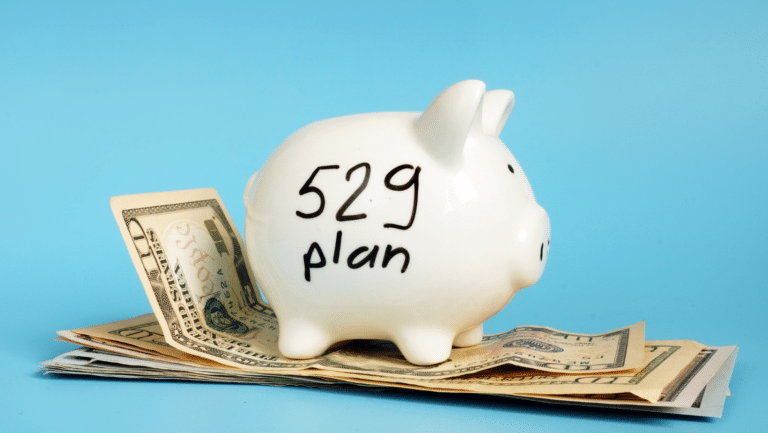How Much Does it Take to Be Wealthy?
The coronavirus pandemic has certainly shaken almost every aspect of the lives of Americans. The stay at home orders, high unemployment rate and volatile market have many people thinking differently about the value of their money than they did before COVID-19 erupted in the country. A survey conducted by Charles Schwab in January of 2020…









